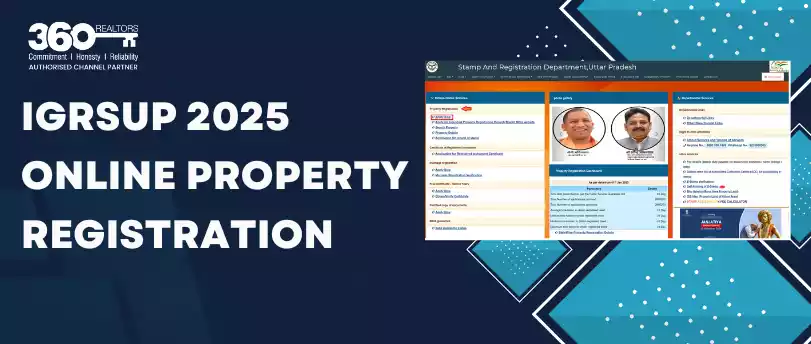The COVID-19 pandemic has adversely impacted the global economy. In India as well, the nationwide lockdown that we are going through for more than a month now has stalled the economic engine of the country and has impacted all the sectors, including real estate. In real estate, somehow the commercial asset class has shown some green shoots and has braved the challenge that this pandemic has brought. In this feature we will be detailing out that what kind of measures commercial leasing and financial restructuring teams should take to help commercial landlords and tenants evaluate their options and work out solutions.
LEASING ISSUES FACED DUE TO COVID-19 PANDEMIC:
In the current stressed times both commercial landlords and tenants are facing a number of challenges- some immediate issues in the short-term and possibly foreseeable future- these issues are: How to address a tenant’s business revenue losses affecting its ability to operate? And how a landlord can respond to a tenant’s request for rent or other relief when the landlord’s own responsibilities to pay maintenance costs, real estate taxes and debt service on the property are looming large?
In such a situation the role of leasing becomes pertinent. In this scenario, one needs to see whether the lease is a triple net lease, gross lease or hybrid one, and whether the commercial realty property is a stand-alone single-tenant, multi-tenant office building, shopping centre or multi-use facility.
For the tenants who have gone out of business permanently, discussions will revolve around potential settlement of unpaid present and future rent obligations. As far as the landlord is concerned, he needs to consider modifying leases and rent concessions to induce buyers or to bring in new tenants. Otherwise, landlords risk potentially lengthy marketing periods before finding suitable replacement tenants at acceptable rental rates while the commercial realty markets begin to recover as the COVID-19 pandemic eventually diminishes.
WORKING ON SHORT-TERM LEASING WITH TENANTS STILL IN BUSINESS:
For the tenants who are partially operating or temporarily closed but lack sufficient cash flow or access to additional working capital to pay some or all of their rent and may be in violation of operating covenants and other non-monetary obligations under their leases, landlords may respond in the below mentioned ways:
- After the expiration of any grace or default notice and cure periods, landlords may immediately start lease enforcement actions against tenants, guarantors and any collateral provided as security.
- Landlords may declare tenants in default and reserve their rights and remedies.
- However, the best way for the landlord in such times is to engage in workout discussions with tenants before taking the above actions.
MUTUALLY ADDRESSING THE KEY ISSUES:
The most practical approach is for landlords and tenants to focus on addressing key issues over the short-term through a lease amendment or Short-Term Workouts, such as:
- Rent Relief
- Rent Repayment
- Tenant Assurances and Reporting and Landlord Forbearance
- Modification of Operating Clauses
The ability of leasing parties to enter into Short-Term Workouts will depend on their evaluation of a number of critical legal, practical and financial issues:
- Critical Lease Terms - This includes tenants operating and compliance with law requirements; co-tenancy; early termination, recapture or surrender of space rights; renewal options and deadlines; defaults and remedies; security deposits and other collateral; and force majeure.
- Status of Tenant’s Business - Landlords should request a range of information regarding a tenant’s financial condition and status: bank statements; recent profit and loss statements; financial statements and tax returns; the status of a tenant’s business with its lenders and critical suppliers, vendors and customers; and whether a tenant is treated as an “essential” business.
- Tenant’s Short-Term Outlook - Does the tenant intend to close in the short-term or continue to operate and at what capacity? Tenants will need to discuss with landlords their plans. Landlords will need to evaluate tenants’ plans and ability to continue to operate and resume paying rent in the near and long-term.
CONCLUDING NOTE:
Looking at the current times, commercial landlords and tenants should mainly consider Short-Term Workouts due to the uncertainty of when tenants will resume full operations and improve their cash flow and when the commercial realty market will rebound, as this pandemic will decline.






